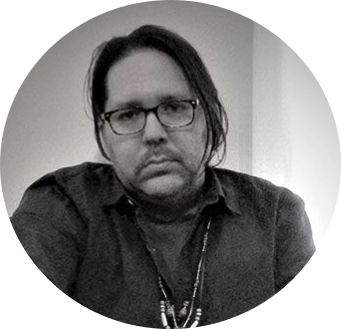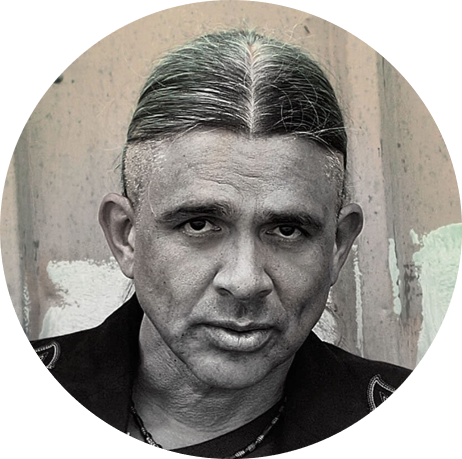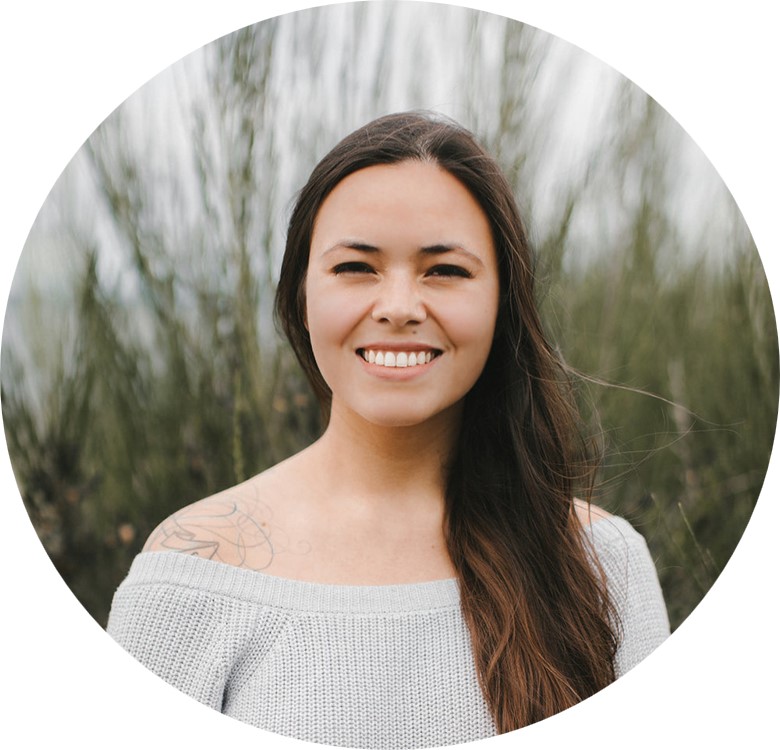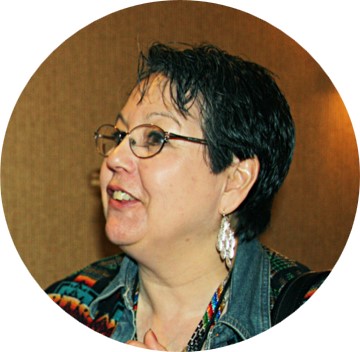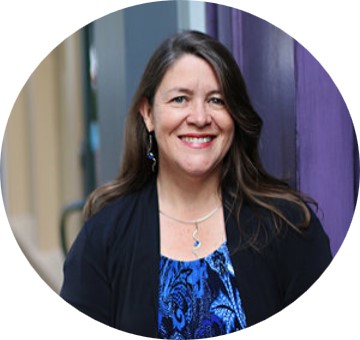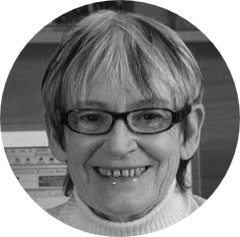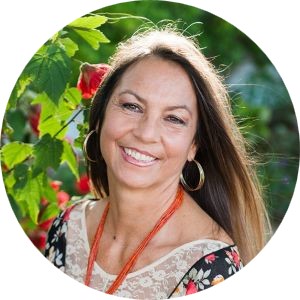Contact Us
| Newport Public Library | |
| 35 NW Nye St. Newport, OR 97365 |
541.265.2153 |
Building Open Hours
The Library is closed Tuesday 11/11/2025 for Veterans Day.
| Tuesday, Friday | 10:00 a.m. - 6:00 p.m. |
| Wednesday, Thursday | 10:00 a.m. - 7:00 p.m. |
| Saturday | 11:00 a.m. - 5:00 p.m. |
Book Return Hours
| Our book returns are always open. |
Search the Internet
Library Newsletter
Enter your email address in the box below to subscribe to our monthly newsletter and receive updates about all the fun things happening at the Library.
Research Articles
Connect With Us
Native American Heritage Month - November 2021

November is Native American Heritage Month!
Join us as we celebrate these important stories.
To learn more about Native American Heritage Month, visit https://nativeamericanheritagemonth.gov.
To learn more about the epidemic of missing and murdered indigenous women and girls, visit Cultural Survival's dedicated webpage.
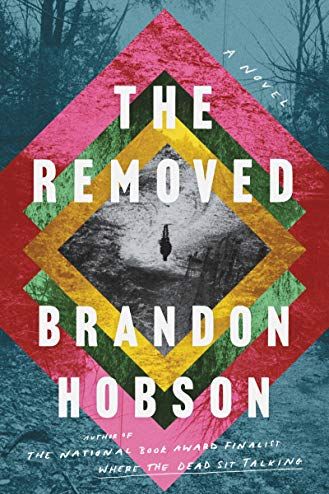 |
The Removed by Brandon HobsonSteeped in Cherokee myths and history, a novel about a fractured family reckoning with the tragic death of their son long ago-from National Book Award finalist Brandon Hobson"-- Provided by publisher. Quah, Oklahoma. In the fifteen years since their teenage son, Ray-Ray, was killed in a police shooting, the Echota family has been suspended in private grief. The mother, Maria, increasingly struggles to manage the onset of Alzheimer's in her husband, Ernest. Their adult daughter, Sonja, leads a life of solitude, punctuated only by spells of dizzying romantic obsession. And their son, Edgar, fled home long ago, turning to drugs to mute his feelings of alienation. With the family's annual bonfire approaching-- marking both the Cherokee National Holiday and Ray-Ray's death-- each of them feels a strange blurring of the boundary between normal life and the spirit world. Learn more about Brandon Hobson
|
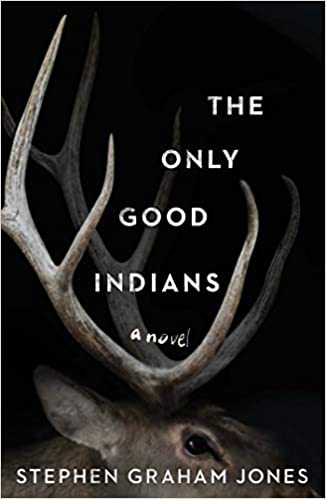 |
Only Good Indians: a novel by Stephen Graham JonesPeter Straub's Ghost Story meets Liane Moriarty's Big Little Lies in this American Indian horror story of revenge on the Blackfeet Indian Reservation. Four American Indian men from the Blackfeet Nation, who were childhood friends, find themselves in a desperate struggle for their lives, against an entity that wants to exact revenge upon them for what they did during an elk hunt ten years earlier by killing them, their families, and friends. Learn more about Stephen Graham Jones
|
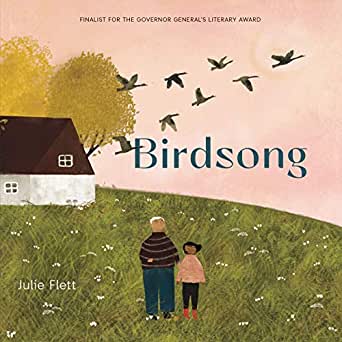 |
Birdsong by Julie FlettWhen a young girl moves from the country to a small town, she feels lonely and out of place. But soon she meets an elderly woman next door, who shares her love of nature and art. As the seasons change, can the girl navigate the failing health of her new friend? Acclaimed author and artist Julie Flett's textured images of birds, flowers, art, and landscapes bring vibrancy and warmth to this powerful story, which highlights the fulfillment of intergenerational relationships and shared passions. A brief glossary and pronunciation guide to Cree-Métis words that appear in the text is provided on the copyright page. Learn more about Julie flett
|
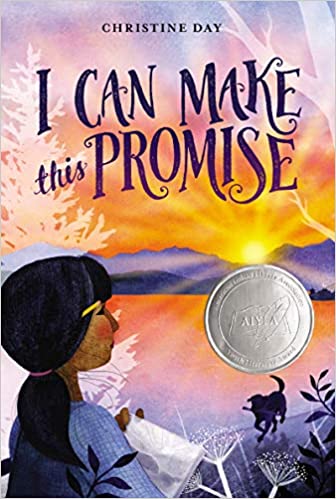 |
I can make this promise by Christine DayAll her life, Edie has known that her mom was adopted by a white couple. So, no matter how curious she might be about her Native American heritage, Edie is sure her family doesn’t have any answers. Until the day when she and her friends discover a box hidden in the attic—a box full of letters signed “Love, Edith,” and photos of a woman who looks just like her. Suddenly, Edie has a flurry of new questions about this woman who shares her name. Could she belong to the Native family that Edie never knew about? But if her mom and dad have kept this secret from her all her life, how can she trust them to tell her the truth now? Learn more about Christine Day
|
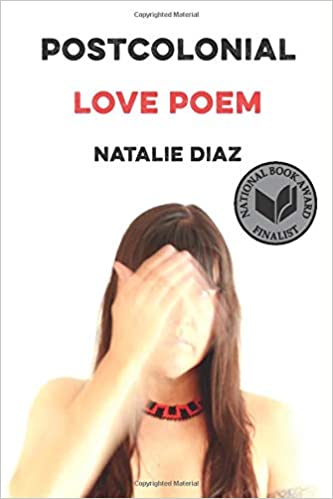 |
Postcolonial love poem by Natalie DiazPostcolonial Love Poem is an anthem of desire against erasure. Natalie Diaz’s brilliant second collection demands that every body carried in its pages―bodies of language, land, rivers, suffering brothers, enemies, and lovers―be touched and held as beloveds. Through these poems, the wounds inflicted by America onto an indigenous people are allowed to bloom pleasure and tenderness: “Let me call my anxiety, desire, then. / Let me call it, a garden.” In this new lyrical landscape, the bodies of indigenous, Latinx, black, and brown women are simultaneously the body politic and the body ecstatic. In claiming this autonomy of desire, language is pushed to its dark edges, the astonishing dunefields and forests where pleasure and love are both grief and joy, violence and sensuality. Learn more about Natalie Diaz
|
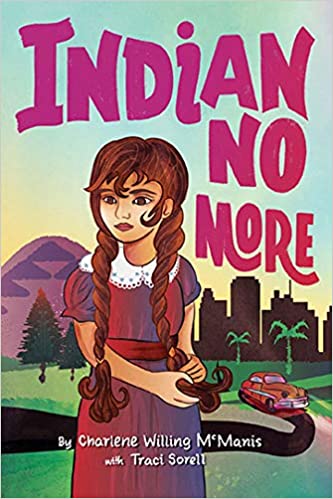 |
Indian no more by Charlene Willing Mcmanis and Traci SorellRegina Petit's family has always been Umpqua, and living on the Grand Ronde reservation is all ten-year-old Regina has ever known. Her biggest worry is that Sasquatch may actually exist out in the forest. But when the federal government signs a bill into law that says Regina's tribe no longer exists, Regina becomes "Indian no more" overnight--even though she was given a number by the Bureau of Indian Affairs that counted her as Indian, even though she lives with her tribe and practices tribal customs, and even though her ancestors were Indian for countless generations. With no good jobs available in Oregon, Regina's father signs the family up for the Indian Relocation program and moves them to Los Angeles. Regina finds a whole new world in her neighborhood on 58th Place. She's never met kids of other races, and they've never met a real Indian. For the first time in her life, Regina comes face to face with the viciousness of racism, personally and toward her new friends. Learn more about Charlene Willing Mcmanis and Traci Sorell
|
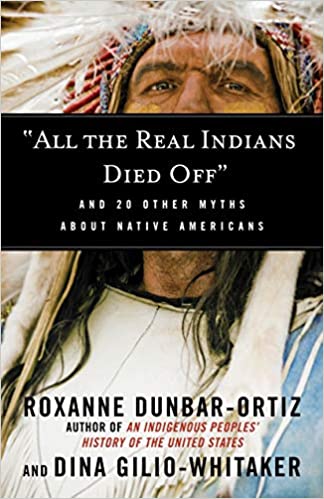 |
"All the real Indians died off" : and 20 other myths about Native Americans by Roxanne Dunbar-Ortiz and Dina Gilio-WhitakerScholars and activists Roxanne Dunbar-Ortiz and Dina Gilio-Whitaker tackle a wide range of myths about Native American culture and history. Tracing how these ideas evolved, the authors disrupt long-held and enduring myths such as: "Thanksgiving Proves the Indians Welcomed Pilgrims", "Indians Were Savage and Warlike", "Europeans Brought Civilization to Backward Indians", "Sports Mascots Honor Native Americans", "Most Indians Are on Government Welfare", "Indian Casinos Make Them All Rich", and "Indians Are Naturally Predisposed to Alcohol. Each chapter shows how these myths are rooted in the fears and prejudice of European settlers and in the larger political agendas of a settler state aimed at acquiring Indigenous land. Learn more about Roxanne Dunbar-Ortiz and Dina Gilio-Whitaker
|

